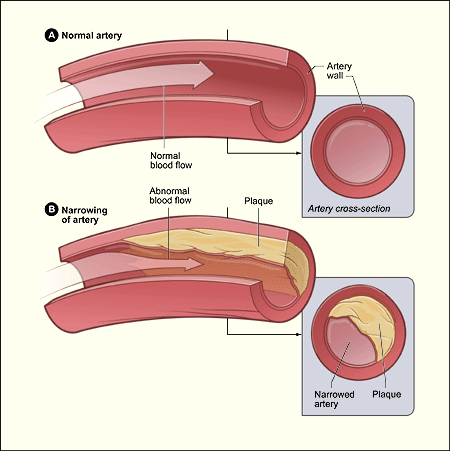Vascular anomalies
Others
Key roles of the vascular system
The vascular system plays an essential role in temperature control and the regulation of the body, increasing or decreasing blood flow when necessary.
Furthermore, it plays a special role in other systems such as:
- The respiratory system: which absorbs the oxygen from the alveoli in the lungs.
- The digestive system: which absorbs glucose and many other nutrients in the stomach and intestines.
- The kidneys: blood is filtered and waste products are eliminated via the urine, and the rest is reabsorbed into the bloodstream
It is also involved in pathological conditions:
- Pathologies in the vascular system normally affect other systems, as they are closely related to nearly every system in the body.
- Vascular diseases mainly involve arteries and veins. Lymphatic anomalies also exist but are less prevalent.
Vascular pathologies are caused by:
- Atherosclerosis (damage and deposits of cholesterol in between the [tunica] media and intima of the artery) which causes inflammation and the partial obstruction of the vessel (affecting blood flow) and compromises the access tissues have to oxygen supplies, potentially leading to ischaemia (tissue that has no access to oxygen and dies).
- Blood clots, which obstruct the artery and ultimately lead to ischaemic tissue. There are many illnesses that can lead to abnormal or excessive blood clotting.
- Inflammation
- Trauma or injury.
- Anomalies in the formation of the vessels.

Some examples of the most prevalent vascular diseases are the following:
- Arteries: coronary arteriosclerosis, cerebrovascular stroke, peripheral artery disease, aneurisms, vasculitis, aortic stenosis, renal stenosis.
- Veins: deep vein thrombosis.
- Lymphatic system: Lymphoedema (due to an obstruction in the flow of lymph through the vessels), resulting in the accumulation of lymphatic fluid in the drainage area.
Last modified
17 December 2020